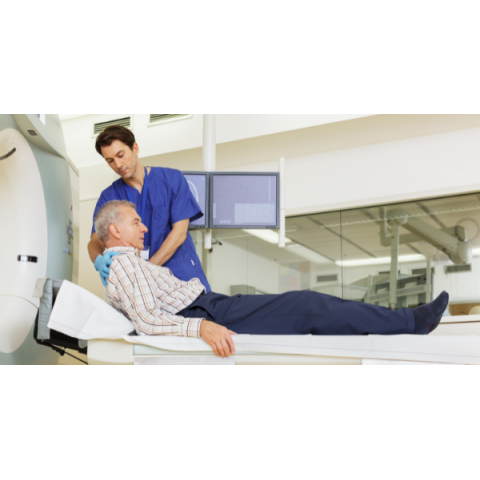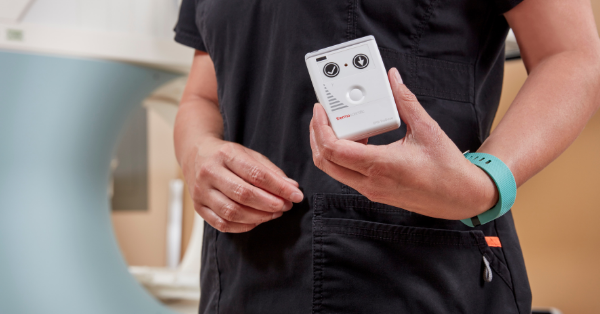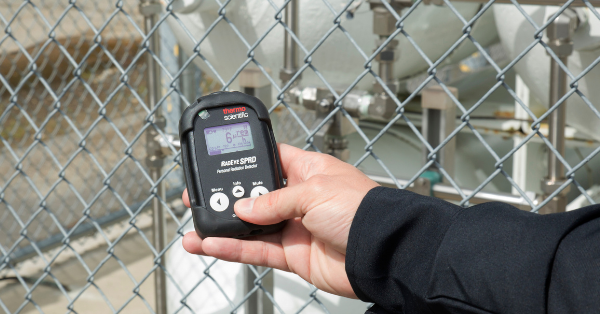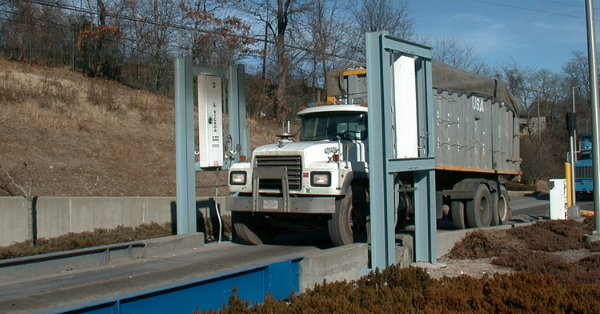What Is The Best Radiation Detector For Use In Australia?
This is the first in a short series of articles to help you down the path of deciding which radiation detector to purchase for use in Australia.
Depending on your specific application it may in fact be more than one detector, this article should also help you decide this.
There are a wide variety of brands and types of radiation detectors available in Australia and the decision on which one to buy can be a complex one. Typically radiation detectors will cost anywhere between $100 to $250,000 depending on your specific application, desired level of accuracy and the quality of the detector.
Questions to be asked and answered before purchasing a radiation detector include:
• What is the application and how do you intend to use the radiation detector?
• If for personnel safety, what is the anticipated annual dose rate for you or your radiation worker? If it is to be used by a radiation worker then the maximum limit is 20 mSv/annum. However, good practise would typically dictate that you should ensure that a far lower dose than this is received. If you are anticipating approaching this level or the environment is one where there is a risk of higher exposure, then a radiation detector where you can instantaneously check the dose rate would be recommended over a passive detector.
• Is the radiation detector for surveying purposes; i.e. to establish what the dose rate coming from a source actually is (in which case measurements made in uSv are necessary).
• Are you looking for radiation contamination? In which case measurements in CPS (counts per second will be required).
• What are you measuring radiation from? This may be industrial equipment or chemicals, a medical device or procedure or potentially contaminated materials.
• What type of radiation do you anticipate, alpha, beta, gamma, X-Rays or neutrons?
• What radionuclides are in use and what are their energy levels. Radiation detectors are typically engineered to accurately measure certain energy ranges, by knowing the energy levels of your radionuclides you will be able to determine if the detector is suitable for use.
• Do you just want to quantify radiation, or are you interested in identifying what the radionuclide actually is?
• Is the radiation measurement for personal protection or for industrial or environmental protection?
Thinking about these questions and being able to answer them will provide an important start in determining the best radiation detector for you application.
The next article in this series will examine the various types of radiation detectors available for personal protection and how they would typically be used.
In the meantime, if you are looking for a radiation detector now please contact ADM Nuclear Technologies for immediate advice.
IS THIS INFORMATION USEFUL?
If so, why not share it with your peers and colleagues. Simply click on the blue LinkedIn share icon below.




